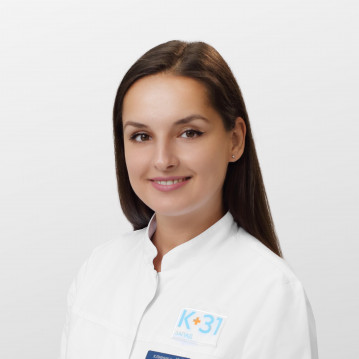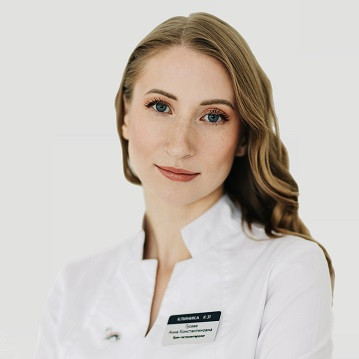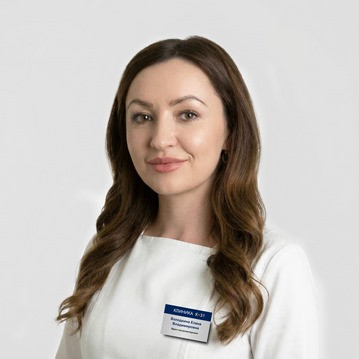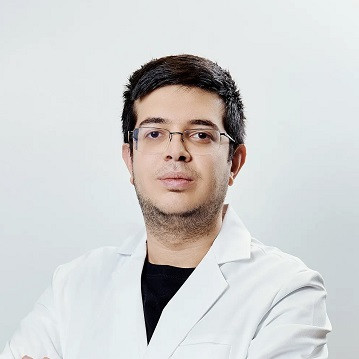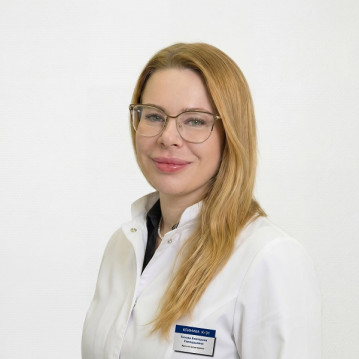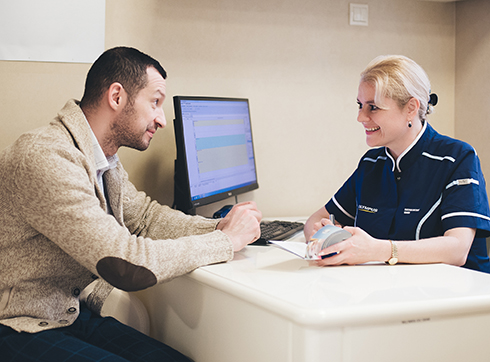
Video capsule examination is a modern method of examining the intestines (small + large intestine) and small intestine. When conducting research, capsules OMOM (China), PillCam SB3 and PillCam Colon 2 (Israel) are used, providing maximum painlessness and accuracy of diagnosis, devoid of side effects.
Endoscopy allows you to thoroughly examine the inside of the small (capsule enteroscopy) and large (capsule colonoscopy) intestines completely:
- Painless.
- Non-invasive.
- Invisible to the patient.
- No interruption from everyday life.
The main indication for video capsule studies is the examination and assessment of the condition of the patient's intestinal mucosa, including the detection of precancerous conditions and changes, as well as tumors at the earliest stage of development.
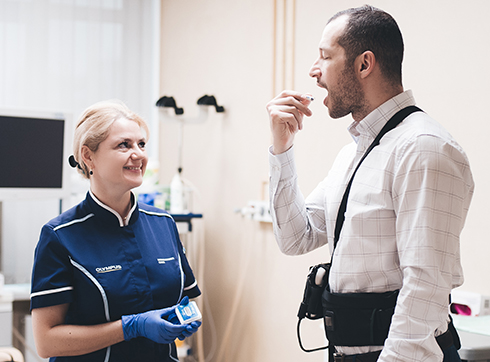
When is endoscopy indicated?
To date, video capsule studies are the most informative method for examining the intestines, since other methods for diagnosing the gastrointestinal tract (ultrasound, colonoscopy, gastroscopy, etc.) cannot provide such accurate information for detecting serious diseases at an early stage.
Capsule endoscopy is prescribed for symptoms:
- Blood in the stool and acute gastrointestinal bleeding.
- Pain, colic in the abdomen.
- Anemia, low hemoglobin.
- Weakness and sudden weight loss.
- Flatulence.
- Frequent loose stools.
- Feeling of bloating, heaviness in the abdomen and when swallowing.
- Suspicion of polyps or tumors of the large or small intestine, duodenum.
- Frequent vomiting (including blood).









